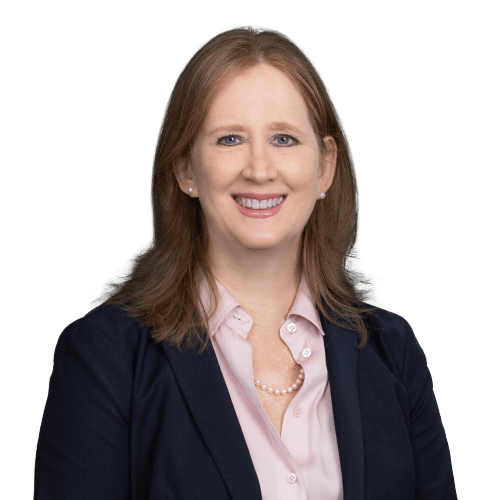DOL Revises and Clarifies Temporary Rule Relating To the Families First Coronavirus Response Act
The New York court also objected to the DOL’s position that the FFCRA was not available to employees who had already been terminated or furloughed by the employer, that an employer has discretion to decide whether an employee is permitted to take FFCRA leave intermittently, as well as the DOL’s position regarding the documentation required of employees before being permitted to take FFCRA leave.
A significant portion of the DOL’s revisions focus on the New York court’s finding that the FFCRA “health care provider” exemption was limited only to those providers who can certify leave under the pre-FFCRA Family and Medical Leave Act requirements. The DOL rejected the New York court’s reasoning, and clarified that the “health care provider” exemption includes all health care industry employees “capable of providing health care services, meaning he or she is employed to provide diagnostic services, preventative services, treatments services, or other services that are integrated with and necessary to the provision of patient care and, if not provided, would adversely impact patient care.” See § 826.30(c)(1)(i) (A) and (B). The DOL specifically noted that nurses, nurse assistants, and medical technicians or those providing similar services, those who provide assistance to those same employees, and employees such as lab or x-ray technicians who process test results necessary for diagnosis and treatment are included in the exemption. See § 826.30(c)(1)(ii)(A)-(C). The preamble to the DOL’s revisions indicates that the exemption can also include hospital employees who merely transport patients or blood samples within the hospital, provided the position is required to render complete patient care.
The DOL did concede, however, that exempting all employees of a health care entity – which focuses on the nature of the employer versus the job duties of the employee – was an overbroad interpretation of the FFCRA. Therefore, the DOL’s revisions clarify that many support and administration positions in the health care industry are unlikely to qualify for the leave exemption under the revised rule. IT professionals, building maintenance staff, human resources personnel, cooks, food services workers, records managers, consultants and billers are all specifically excluded. See § 826.30(c)(1)(iii). Schedulers and receptionists are not listed explicitly but likely fall into this group also unless they also provide medical services. Consequently, beginning September 16, 2020, health care employers outside of New York are no longer able to exempt these employees from the sick leave and expanded leave provisions of the FFCRA without substantial compliance risk, even if the loss of these employees’ services could affect the provision of services to patients.
Next, the DOL revised its position that documents and information supporting the need for leave under the FFCRA must be provided to the employer before the employee takes leave. Instead, under the revised rule, the information must only be provided as soon as practicable, and prohibits employers from requiring the employee to provide advance notice of leave, unless the need for leave is foreseeable. See § 826.100. Also, the DOL clarified that an employee may generally provide the information to their employer via an adult family member or other responsible party if they are unable to do so personally. See § 826.90. Medical documentation is unnecessary for the employee to initiate leave; an oral or written statement that the employee is unable to work because of a qualified reason for leave will suffice. See § 826.100.
Finally, the DOL rejected two of the New York court’s objections in its April 2020 temporary rule, but instead provided further support for its administrative interpretation of the FFCRA. First, the DOL reiterated that FFCRA leave is only available to persons who have work from which to take leave and were not already on furlough or terminated at the time the need for leave arises. The DOL also confirmed the employer’s discretion to grant or reject an employee’s request for intermittent sick leave or expanded family or medical leave under the FFCRA.

